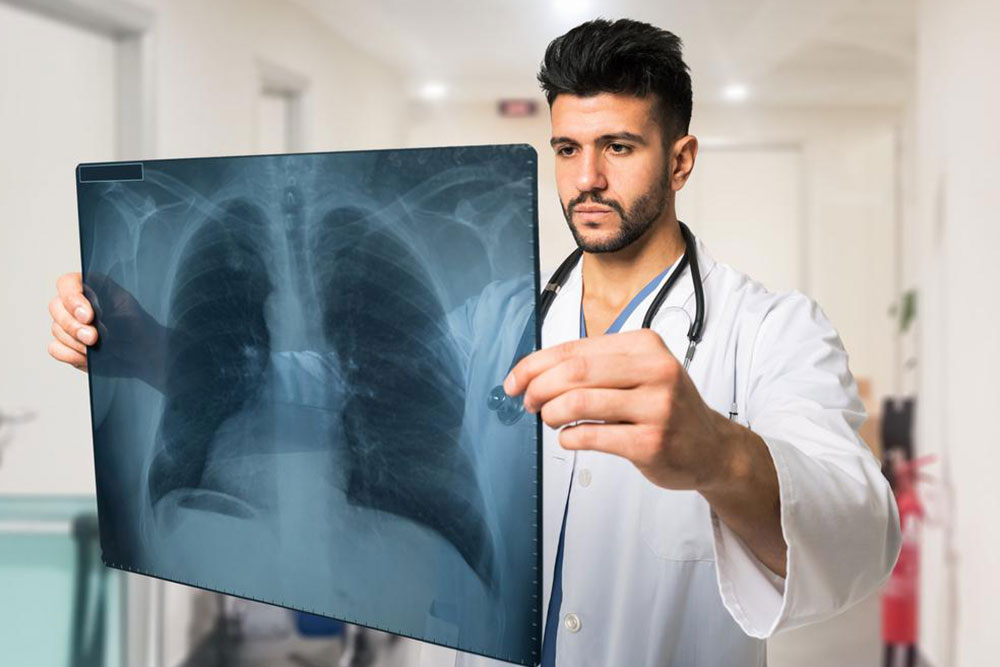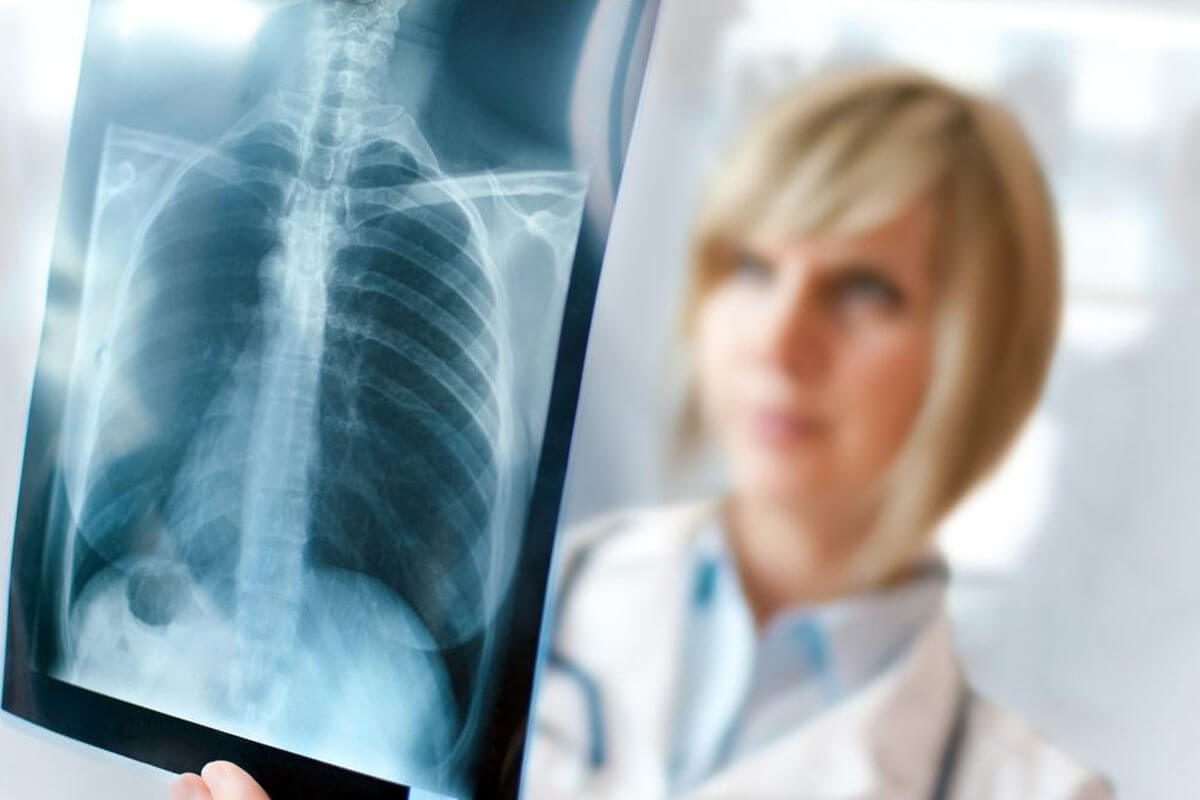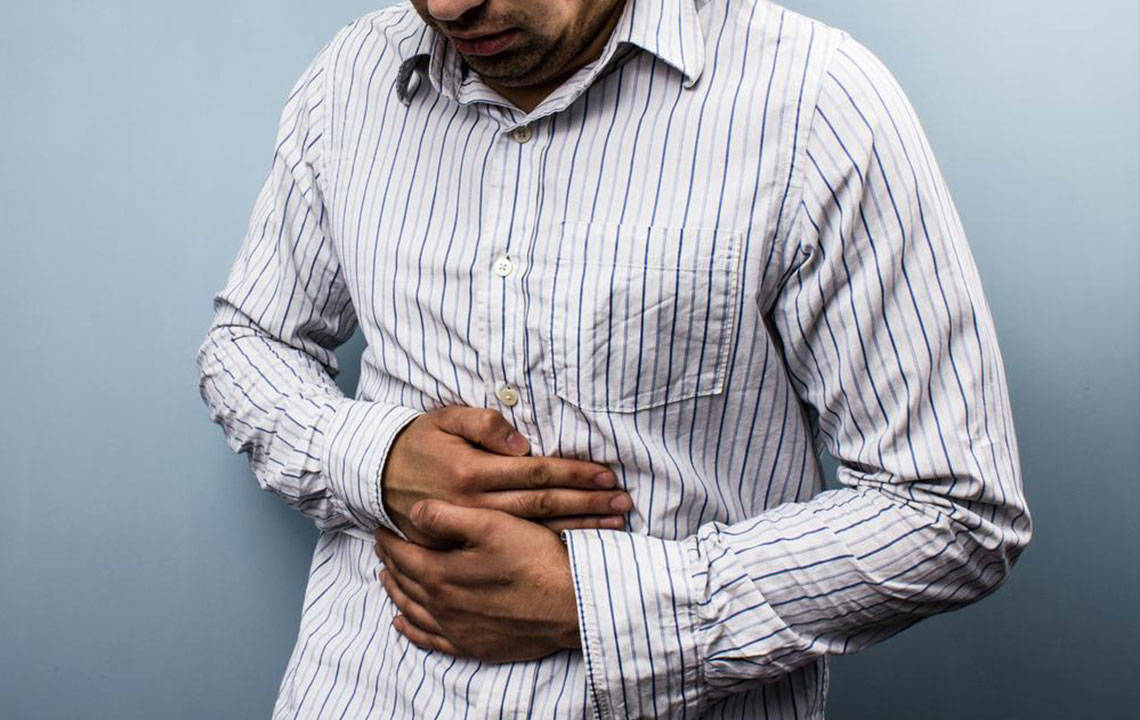Recognizing the First Signs of Lung Cancer Early
This article highlights the early warning signs of lung cancer, including persistent cough, breathing difficulties, and recurrent infections. Recognizing these symptoms early can lead to timely diagnosis and better treatment outcomes. Understanding these indicators is crucial for individuals at risk and encourages prompt medical consultation to improve survival chances and health management.

Recognizing the First Signs of Lung Cancer Early
Lung cancer remains the top cause of mortality worldwide. Smoking is the primary risk factor, but air pollution, exposure to toxins, and genetic predisposition also contribute to its development. Notably, around 25% of cases show no symptoms until the disease has advanced significantly. Early diagnosis significantly improves treatment success rates and survival chances. Common early indicators include breathing difficulties, a persistent cough, and frequent infections. Timely medical attention plays a crucial role in effective management and recovery.
Common symptoms to watch for: The main signs encompass breathing issues, a lingering cough depending on tumor location, and recurrent lung infections.
Like other cancers, lung cancer can also cause fatigue and loss of appetite. Here are details on the three key early signs:
Coughing and Hemoptysis: A persistent, intense cough is a common early symptom. It can result from lung inflammation or fluid buildup. Blood-stained sputum or hemoptysis warrants prompt medical consultation to determine if the bleeding originates from the lungs or upper respiratory tract.
Breathing Difficulties: Shortness of breath, wheezing, and stridor (a harsh breathing sound) may appear early. These symptoms occur due to airway obstruction, infections, or fluid accumulation, making breathing uncomfortable.
Recurrent Respiratory Infections: Lung cancer weakens immunity, leading to frequent infections like pneumonia or bronchitis, with studies showing 50-70% of patients experiencing such illnesses. Treatments further diminish immunity, increasing vulnerability.
Early detection of these symptoms is vital in improving treatment outcomes, potentially saving lives. Don't ignore persistent signs—consult a healthcare provider promptly.










